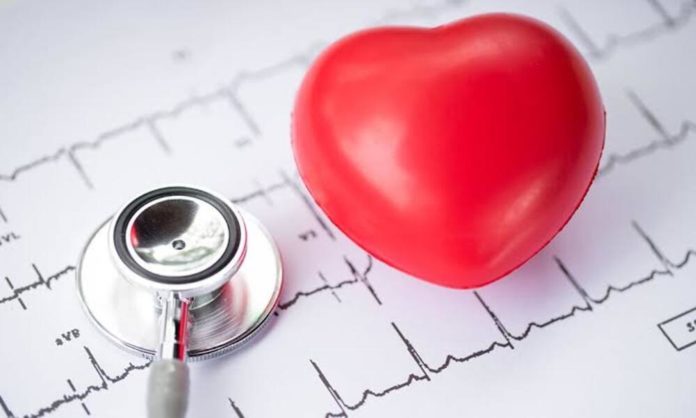Both heart disease and stroke are leading causes of death worldwide. Small but gradual lifestyle changes can have a big impact in preventing disease, or in keeping it from worsening. They can also help you prevent serious complications like heart attack.
While you can’t change risk factors such as age, gender, race/ethnicity, and family history, there are things you can do to help reduce your risk of these conditions.
Find out what you can do to decrease your risk of developing these conditions.
1. Stay Active & Quit Smoking
Good lifestyle habits can keep your health on track. Regular, moderate-to-intense exercise is key to reducing cardiovascular disease risk. Be active for 30 minutes or more on most or all days of the week. If you smoke, quit. Smoking is the most common risk factor which contributes to heart disease and stroke.

2. Manage Stress
Some people cope with stress in unhealthy ways such as overeating, drinking or smoking. Finding alternative ways to manage stress — such as physical activity, relaxation exercises or meditation can help improve your health.

Read More: Lab-grown Meat Could Help Plants As Well As Our Health
3. Eat Healthy
A healthy diet can help protect the heart, improve blood pressure and cholesterol, and reduce the risk of type 2 diabetes. A heart-healthy eating plan includes, vegetables and fruits, beans or other legumes, lean meats and fish. Low-fat or fat-free dairy foods, whole grains and healthy fats such as olive oil.

4. Maintaining Weight
Being overweight, especially around the middle of the body — increases the risk of heart disease. Excess weight can lead to conditions that increase the chances of developing heart disease including high blood pressure, high cholesterol and type 2 diabetes.
The body mass index (BMI) uses height and weight to determine whether a person is overweight or obese. A BMI of 25 or higher is considered overweight and is generally associated with higher cholesterol, higher blood pressure, and an increased risk of heart disease and stroke.

5. Regular Screenings
High blood pressure and high cholesterol can damage the heart and blood vessels. But without testing for them, you probably won’t know whether you have these conditions. Regular screening can tell you what your numbers are and whether you need to take action. The regular tests which are crucial for heart diseases includes, blood pressure, cholesterol levels, type – 2 diabetes screening.

6. Get Adequate Sleep
People who don’t get enough sleep have a higher risk of obesity, high blood pressure, heart attack, diabetes and depression.
Most adults need at least seven hours of sleep each night. Make sleep a priority in your life. Set a sleep schedule and stick to it by going to bed and waking up at the same times each day. Keep your bedroom dark and quiet, so it’s easier to sleep.

Read More: These Are The Best Foods For Better Sleep (Even Diet Ones)
Stay tuned to Brandsynario for the latest news and updates.










































